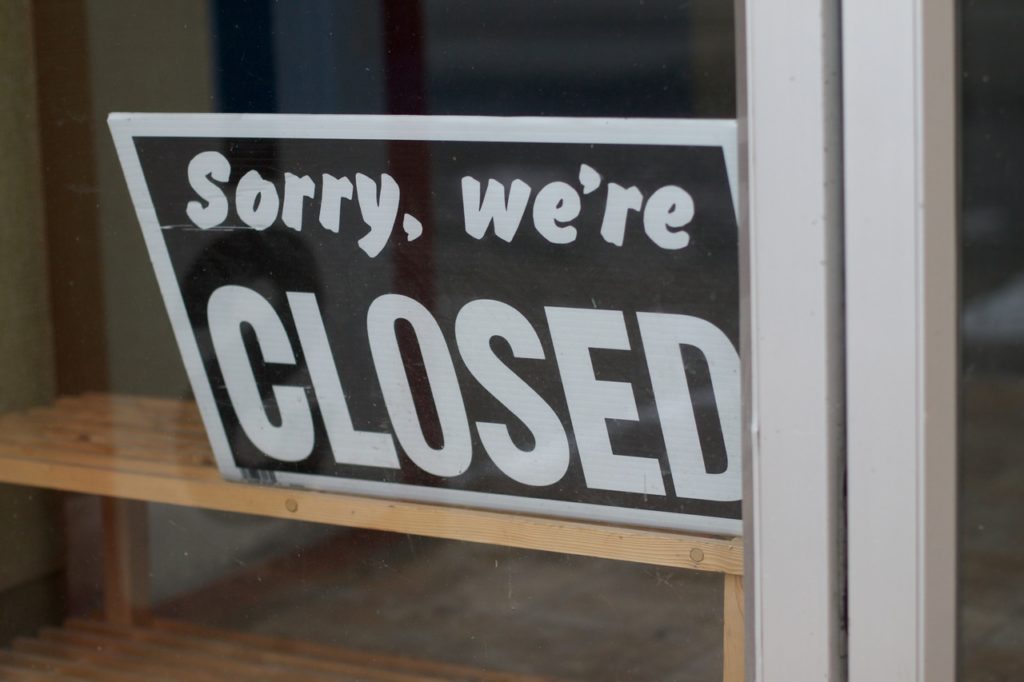The economic cost of the Covid-19 epidemic in Belgium is becoming clear as the government takes stock of the effects of lockdown in April, the first full month of restrictive measures.
Only part of the bill is represented by VAT receipts, which plunged by 84% in the course of the month, compared to April 2019. The lockdown was clearly responsible: most shops were closed, day-trips were not allowed, the horeca sector was closed down entirely. In general, most discretionary spending – everything except the basic necessities of life – was either frozen, or shifted online.
Much of the spending freeze was temporary; someone who had planned to buy a new coat will have been able to do so when the shops reopened. But other VAT income, on meals out for example, will not be replaced. That’s particularly true for those people who had no or reduced income during the lockdown, and had little room for discretionary spending at all.
Instead of taking in anything like last April’s €3.8 billion in VAT, the government received only €600 million, or one-sixth of expected income.
The bare figures must be nuanced somewhat, however. One of the measures introduced by the government to help the stuttering economy was an extension on the payment of VAT by businesses.
VAT, to put it simply is a tax collected by private businesses on behalf of the government. The shop-owner charges the customer VAT on that coat, then sends the VAT to the government. In return, the government allows the shop-owner to deduct VAT they themselves pay for business-related expenses.
During the lockdown, businesses were given time to pay that money over, which accounts for some of the lost income. That money will be paid in time, so is delayed rather than lost.
And April is a special month for VAT, as many businesses pay out what they estimate to be the VAT they will owe for the whole second quarter. That will also come in at some point, but made a dent in April’s figures all the same.
The same situation concerns the taxes businesses pay on future earnings of the company and its owners. A rough estimate puts the deficit there at about €3.3 billion, which is again delayed rather than lost.
The late payments will only come in, however, if the businesses in question survive long enough to pay. For any company that goes under in the meantime, the loss to the national exchequer is permanent. Next week, when cafes and restaurants are allowed to reopen, it is expected that some will remain dark. How many are affected, and what the cost will be, remains to be seen.
Alan Hope
The Brussels Times

